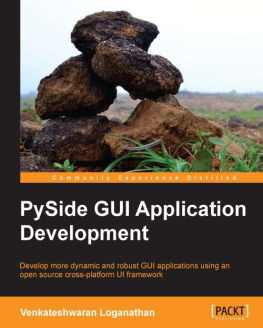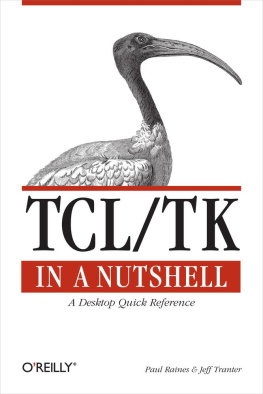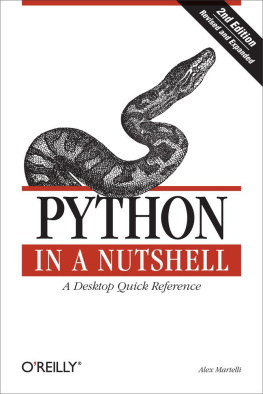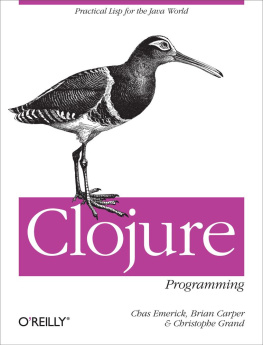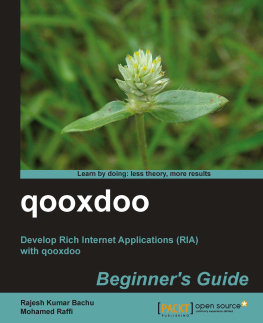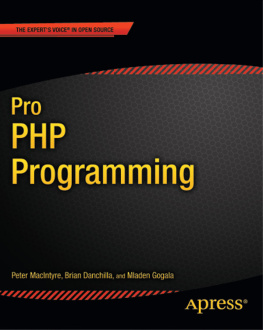Paul Hudson - PHP in a nutshell: a desktop quick reference. - Includes index
Here you can read online Paul Hudson - PHP in a nutshell: a desktop quick reference. - Includes index full text of the book (entire story) in english for free. Download pdf and epub, get meaning, cover and reviews about this ebook. City: Sebastopol, Calif, year: 2005, publisher: OReilly Media, Inc., genre: Home and family. Description of the work, (preface) as well as reviews are available. Best literature library LitArk.com created for fans of good reading and offers a wide selection of genres:
Romance novel
Science fiction
Adventure
Detective
Science
History
Home and family
Prose
Art
Politics
Computer
Non-fiction
Religion
Business
Children
Humor
Choose a favorite category and find really read worthwhile books. Enjoy immersion in the world of imagination, feel the emotions of the characters or learn something new for yourself, make an fascinating discovery.

- Book:PHP in a nutshell: a desktop quick reference. - Includes index
- Author:
- Publisher:OReilly Media, Inc.
- Genre:
- Year:2005
- City:Sebastopol, Calif
- Rating:5 / 5
- Favourites:Add to favourites
- Your mark:
PHP in a nutshell: a desktop quick reference. - Includes index: summary, description and annotation
We offer to read an annotation, description, summary or preface (depends on what the author of the book "PHP in a nutshell: a desktop quick reference. - Includes index" wrote himself). If you haven't found the necessary information about the book — write in the comments, we will try to find it.
Abstract: Now installed on more than 20 million Internet domains around the world, PHP is an undisputed leader in web programming languages. Database connectivity, powerful extensions, and rich object-orientation are all reasons for its popularity, but nearly everyone would agree that, above all, PHP is one of the easiest languages to learn and use for developing dynamic web applications. The ease of development and simplicity of PHP, combined with a large community and expansive repository of open source PHP libraries, make it a favorite of web designers and developers worldwide. PHP in a Nutshell is
Paul Hudson: author's other books
Who wrote PHP in a nutshell: a desktop quick reference. - Includes index? Find out the surname, the name of the author of the book and a list of all author's works by series.

![Kline Kevin E. - SQL in a nutshell: [a desktop quick reference ; covers MySQL, Oracle, PostgreSQL, and SQL server]](/uploads/posts/book/138111/thumbs/kline-kevin-e-sql-in-a-nutshell-a-desktop.jpg)
